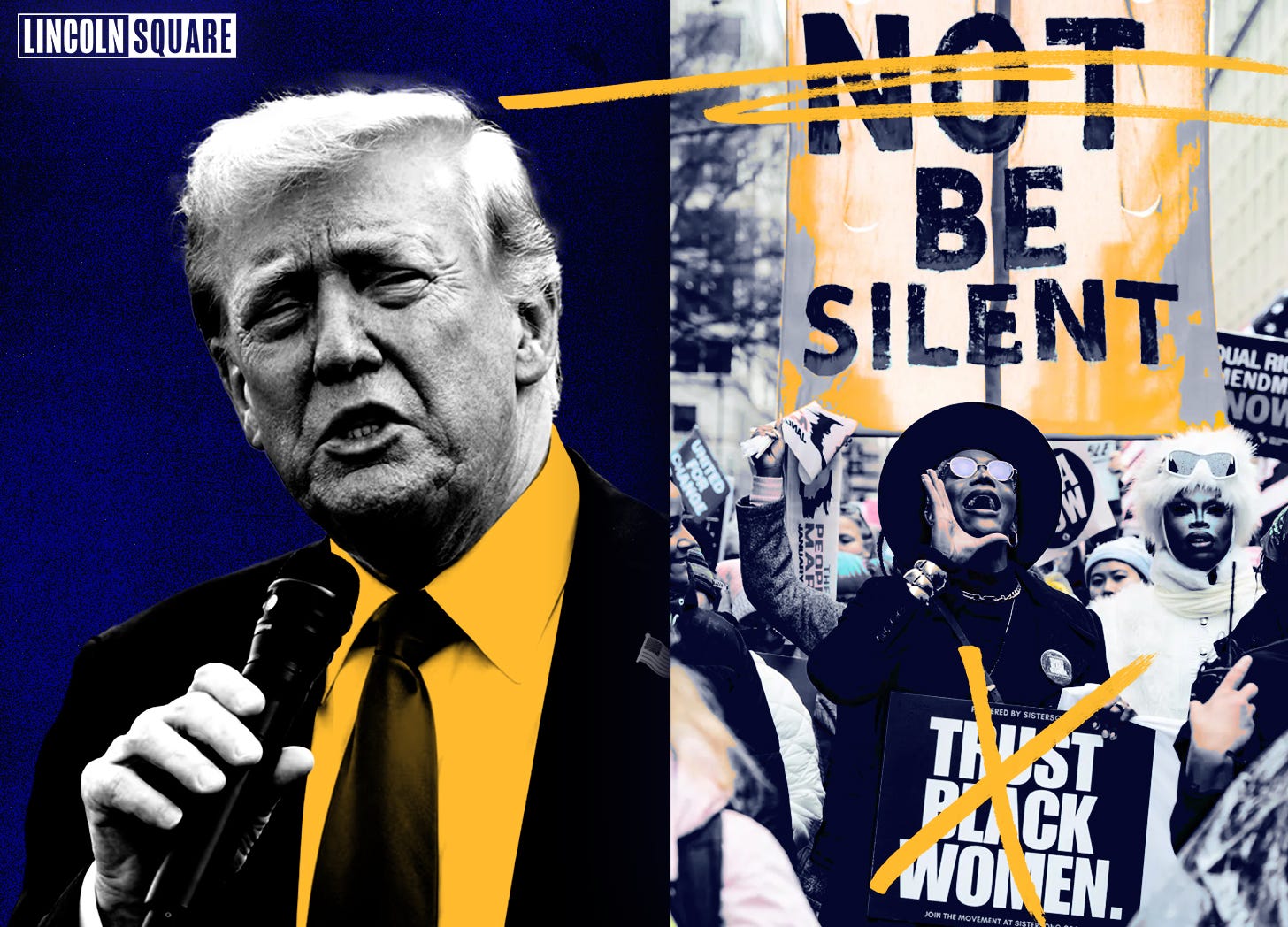The GOP's White Grievance Politics Made Trump Inevitable
In the area of race, there's a direct line from the more genteel prejudice of Ronald Reagan to the white nationalism of Donald Trump.
Editor’s note: This is an excerpt from Stuart Stevens’ book, It Was All a Lie.
Today, in the age of Donald Trump, the most openly racist president since Andrew Johnson or his hero, Andrew Jackson (to the extent a know-nothing narcissist is capable of having a hero), many Republicans who find Trump repulsive or at least consider him abrasive and uncouth harken back to Reagan as the standard compared to whom Trump is woefully inadequate.
This is true in areas like foreign policy, where the Republican Party has gone from “Mr. Gorbachev, tear down this wall!” to a Republican president who responds to Vladimir Putin like a stray dog, eager to follow him home. But in the area of race, there is a direct line from the more genteel prejudice of Ronald Reagan to the white nationalism of Donald Trump. In the glow of nostalgia around a smiling Reagan faded into the California sunset, Republicans have forgotten, discounted or, perhaps for some, still secretly admire, that Ronald Reagan wielded race as a magnet to attract disaffected white Democrats. When Reagan attacked “welfare queens,” white voters heard it and understood the unspoken accusation just as they did when George Wallace did the same. In the 1976 campaign, Regan introduced his famous welfare fraud, a black woman in Chicago: “She used 80 names, 30 addresses, 15 telephone numbers to collect food stamps, Social Security, veterans’ benefits for four nonexistent deceased veteran husbands, as well as welfare. Her tax-free cash income alone has been running $150,000 a year.”
Reagan’s “welfare queen” was likely an exaggerated description of a woman exposed in 1974 articles in both the Chicago Tribune and Jet magazine. As much as many of us—yes, I include myself in this group—would like to, even need to, separate Reagan from Trump, the welfare-queen theme weaponized race and deceit in exactly the same ways employed by Donald Trump. There is a small kernel of truth in it—the woman used 4, not 80 names, and the total fraud was $8,000—but when 4 becomes 80 and $8,000 total becomes $150,000 a year, Reagan is just lying. The majority of all welfare goes to white Americans and always has, but the specificity of a woman in Chicago makes the racial appeal clear.
In the 2012 Romney campaign, I made several ads about welfare reform. The impetus was a waiver that the Obama Administration gave in the summer of 2012 to states that allowed to them to reduce or eliminate work requirements. The result was a firestorm of criticism. Our argument was that that Barack Obama had never been enthusiastic about the Clinton welfare reforms in the 1990’s — he opposed it when it was first introduced and in the 2008 campaign refused to say if he would have signed it if he was president — and that this was a deliberately vague back door to allowing states to drop work to welfare. It was put best by Douglas Besharov, a public policy professor at the University of Maryland, who is credited with helping persuade Hillary Clinton to support the 1996 law. He was quoted in an article by Chicago Tribune columnist Steve Chapman:
"If the Obama administration believes in work requirements, why write something so broad?" Besharov asked me. "If I believed in the work requirements, I wouldn't put in language encouraging states to lift them all."
In the Romney campaign, we saw this is as a specific example of different governing philosophies. As Molly Ball wrote in the Atlantic: “But it's not much of a stretch to conclude that the waivers the administration is soliciting, if they come to pass, would result in more people getting welfare benefits. The question is whether that's a good thing, and where you stand on that depends on your politics.”



